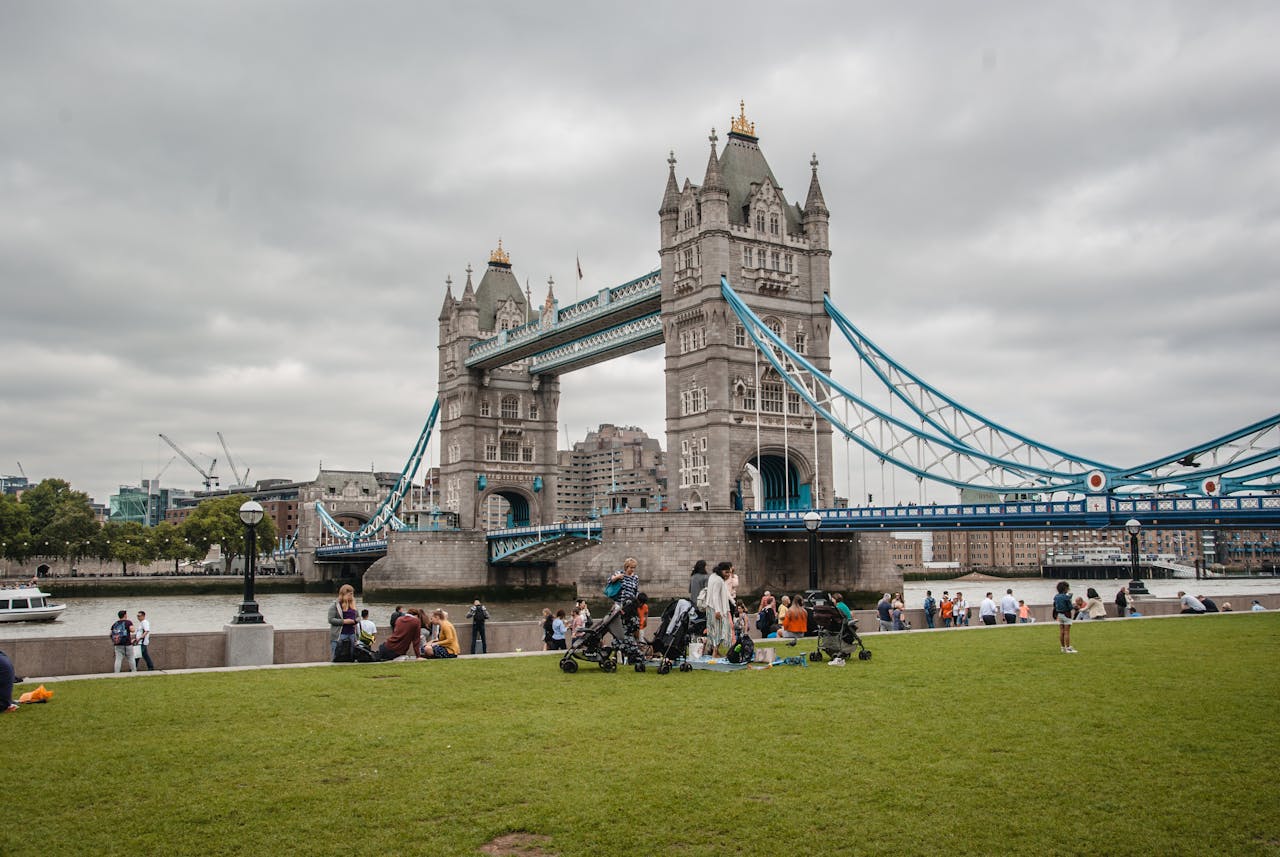By Linda Yueh, University of Oxford, The Conversation

And the vast swaths of tariffs later announced by US president Donald Trump could have a similar impact on the UK’s growth rate. (Pexels Photo)
“Iron-clad” and “non-negotiable” is how UK prime minister Keir Starmer recently described the country’s fiscal rules. The government has been coming under pressure to relax the rules and cut itself some financial slack. But according to the PM, these self-imposed restrictions are vital for maintaining UK economic stability.
What Starmer is referring to is notably the “stability” rule, which says that the UK will balance day-to-day public spending with tax receipts, rather than by borrowing, over the course of the parliament.
But the volatility unleashed by US president Donald Trump’s tariff plans has challenged this rule. US tariffs could have a significant economic impact on the UK and the world economies.
Indeed, the International Monetary Fund (IMF) estimates that 10% across-the-board tariffs, if they ultimately result in retaliation from China and the EU, could cut global economic growth by 0.5% in 2026.
Get your news from actual experts, straight to your inbox. Sign up to our daily newsletter to receive all The Conversation UK’s latest coverage of news and research, from politics and business to the arts and sciences. Join The Conversation for free today.
Unsurprisingly, the UK’s independent economic forecaster, the Office for Budget Responsibility (OBR), estimates a similar impact on the UK. It predicts that if the trade wars result in 20% tariff rates between the US and the rest of the world, it could reduce economic growth by as much as 1%. This, it says, could slash the expected UK budget surplus in 2029-30 to “almost zero”.
And herein lies the challenge for the UK’s fiscal rules. Due to the stability rule, a cut to GDP growth would reduce the tax take. That would require either raising taxes or cutting public spending, due to the rule that this cannot be funded by borrowing.
Fear that the government’s nearly £10 billion spending buffer will disappear by the end of the parliament puts pressure on the government to say how it would continue to stick to its fiscal rule. If it did result in spending cuts or tax rises, this could dampen economic growth and negatively affect people’s lives. And the decisions would have been taken on the basis of economic forecasts that may not come to pass.
This is particularly true when the forecasts are based on US tariffs that were imposed and then paused in the space of just a week.
This problem was also evident in the spring statement in March, when the chancellor of the exchequer, Rachel Reeves, announced spending cuts because the GDP growth forecast had been halved from 2% to 1% for this year.
And the vast swaths of tariffs later announced by US president Donald Trump could have a similar impact on the UK’s growth rate.
If the UK were to relax or abolish its fiscal rules, that may ease the pressure to react to a potential growth downgrade – which may or may not happen given the volatile nature of the US tariffs announced so far.
The debt burden
But the prime minister and the chancellor have both resisted this change. They are concerned about the UK’s credibility in the eyes of its creditors, who buy government debt in the bond markets based on their assessment of the fiscal position of the British government.
The UK, like other advanced economies, borrows from bond markets to fund its budget deficits. The government is concerned that with a debt-to-GDP ratio of more than 95%, creditors may be reluctant to lend to the UK. To do so, they might want to charge more.
A higher interest rate on the UK’s national debt would of course reduce the amount available for public spending.
The UK spends more than £100 billion a year on debt interest payments. This is more than it spends on education or investment.
The amount increased rapidly in recent years due to the global financial crisis and the COVID pandemic. And, relatively speaking, the UK spends more money on paying interest on its debt than other G7 economies (3.3% of its GDP compared with the G7 average of 1.7% in 2022).
Part of this is due to the UK having more inflation-linked debt than comparable economies. About one-quarter of the UK’s debt repayment is linked to inflation, which is double that of Italy, the next highest in the G7, at 12%. And, as everyone in the UK has experienced, inflation has been high in the past few years.
This makes the UK particularly susceptible to movements in bond markets. For instance, if the UK’s borrowing costs were to decline by one percentage point, that would save £21 billion over five years. That’s double the current “fiscal headroom” (effectively the government’s spending buffer) that is at risk from US tariffs.
Without knowing for sure how bond markets would react, it would be challenging for the government to change its fiscal rules. But it’s also challenging to apply the stability rule during times of high volatility like this. Given the unpredictable nature of the US tariff regime, this debate is likely to go on for some time.![]()
Linda Yueh, Fellow in Economics/Adjunct Professor of Economics, University of Oxford
This article is republished from The Conversation under a Creative Commons license. Read the original article.





















